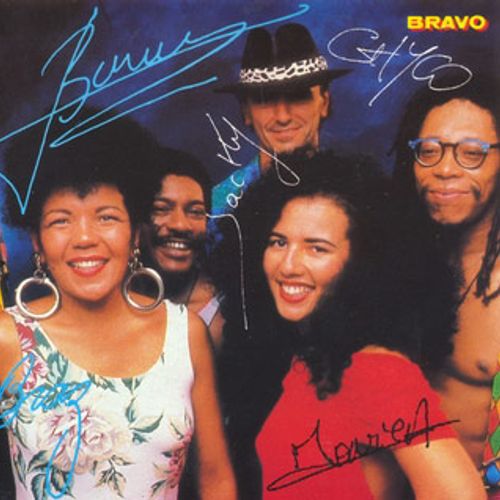
Kaoma's cover " Lambada" was an unauthorized translation of the song and based on the music of Cuarteto Continental group and Márcia Ferreira's Portuguese version that led to a successful lawsuit against Kaoma's producers Olivier Lorsac and Jean Karakos.

It obtained international fame with artists such as Wilkins in 1984, Argentine singer Juan Ramón in 1985, Brazilian singer Márcia Ferreira in 1986 and the French pop group Kaoma in 1989. The song has been very popular in Latin America since the 1980s and has been covered several times.

" Llorando se fue" (English: left in tears) is a Bolivian folk song recorded by Los Kjarkas in 1981 on the album Canto a la mujer de mi pueblo and released as a B-side of the "Wa ya yay" single in 1982.

Gonzalo Hermosa (original music & lyrics) The song in Portuguese is a mix cover of Márcia Ferreira's 1986 hit "Chorando se foi" (lyrics translated to Portuguese) and the Cuarteto Continental hit "Llorando se fue" (first upbeat version of the song introducing the accordion), released in 1984 through the Peruvian record label INFOPESA and produced by Alberto Maravi both songs were adapted from the 1981 Bolivian song Llorando se fue by Los Kjarkas.1982 single by Los Kjarkas "Llorando se fue"įrom the album Canto a la mujer de mi pueblo The video, filmed on Cocos beach in the city of Trancoso, in the state of Bahia, Brazil, features the Brazilian child duo Chico & Roberta. It was released as the first single from Kaoma's debut album Worldbeat. It features guest vocals by Brazilian vocalist Loalwa Braz. This song is part of many ethnic places and cultures such as Latin America and the Philippines.

"Lambada", also known as "Chorando Se Foi (Lambada)" or "Llorando se fue (Lambada)" (both meaning "Crying went away" in Portuguese and Spanish, respectively), is a song recorded by French-Brazilian pop group Kaoma.


 0 kommentar(er)
0 kommentar(er)
